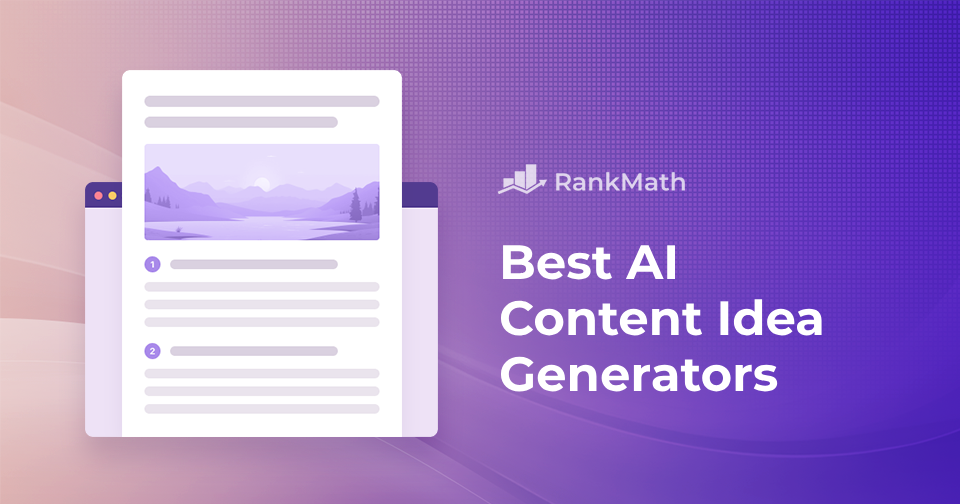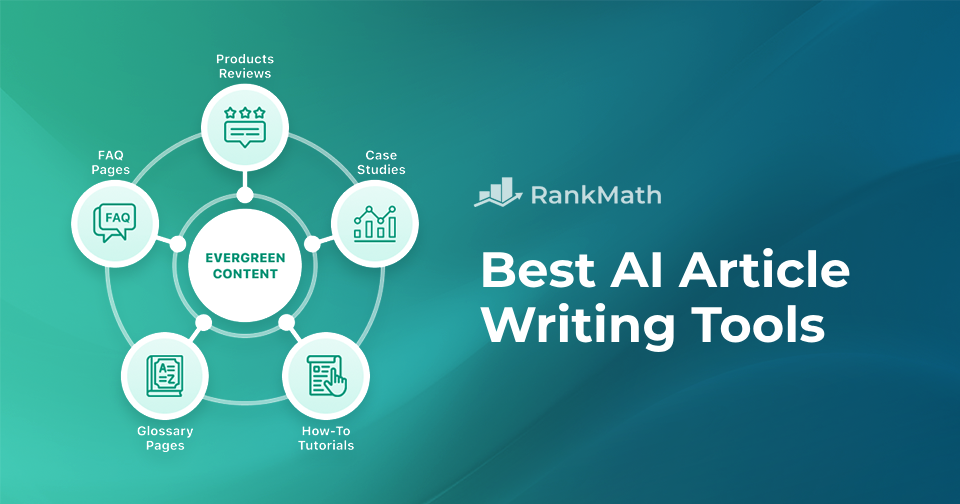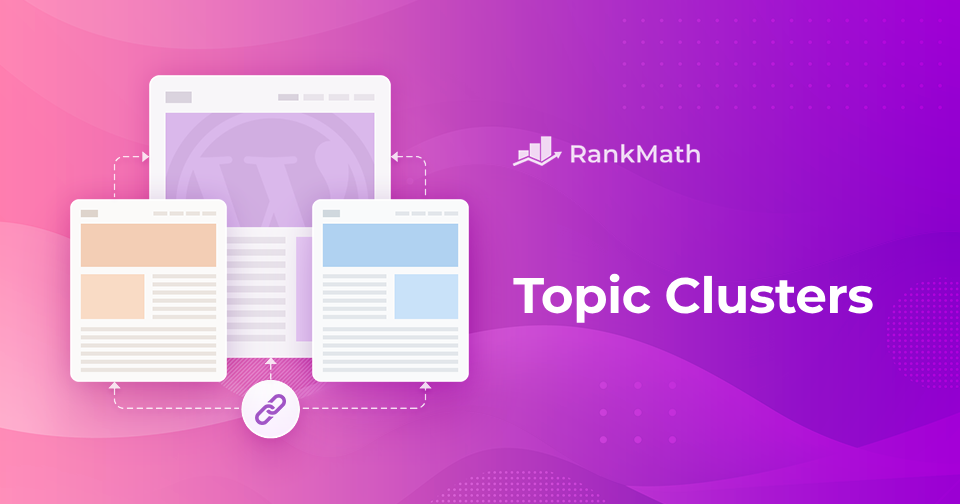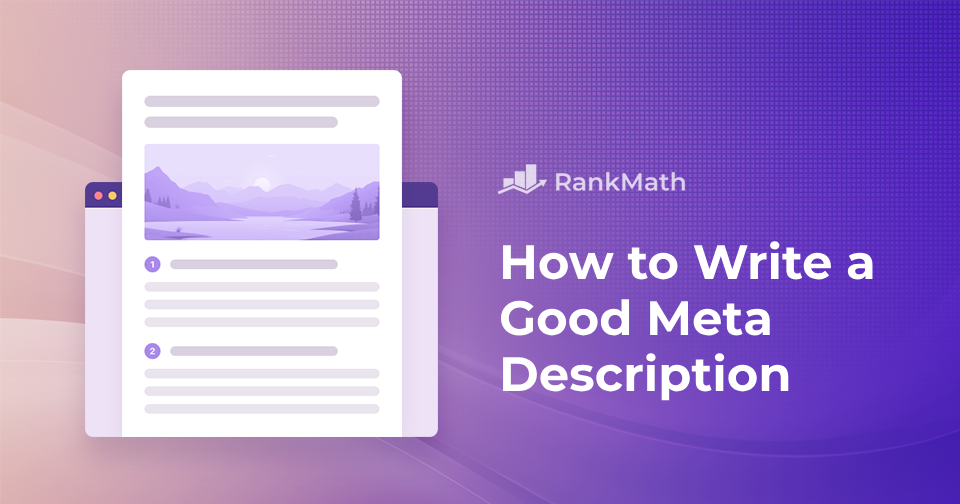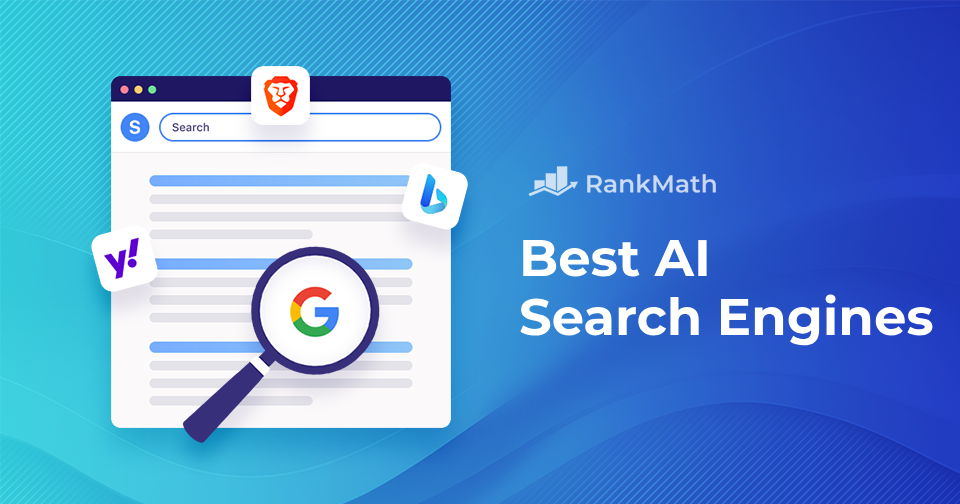5 Best AI Content Idea Generators to Spark Your Creativity
Coming up with fresh, engaging content ideas can be a challenge, whether you’re a blogger, marketer, or business owner.
Consistently generating new topics is essential for keeping your audience interested, but creative blocks can often slow you down.
That’s where AI content idea generators come in.
These powerful tools use artificial intelligence to help you brainstorm unique content ideas in seconds, saving time and boosting productivity.
In fact, 44% of AI users report that it helps them generate more creative content ideas and spend less time planning. Check out our Future of Search Report to find out how users are using AI tools to generate ideas, boost traffic, and stay ahead of the curve.
Whether you need blog post topics, social media captions, or video concepts, AI can transform the way you plan your content strategy.
In this post, we’ll discuss the top 5 AI content idea generators that can help spark your creativity and keep your content calendar full of innovative ideas.
So, without any further ado, let’s get started.
Continue Reading